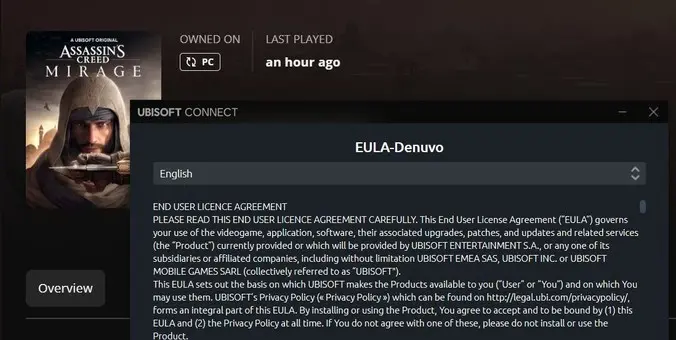this post was submitted on 05 Oct 2023
1095 points (98.9% liked)
Games
16755 readers
904 users here now
Video game news oriented community. No NanoUFO is not a bot :)
Posts.
- News oriented content (general reviews, previews or retrospectives allowed).
- Broad discussion posts (preferably not only about a specific game).
- No humor/memes etc..
- No affiliate links
- No advertising.
- No clickbait, editorialized, sensational titles. State the game in question in the title. No all caps.
- No self promotion.
- No duplicate posts, newer post will be deleted unless there is more discussion in one of the posts.
- No politics.
Comments.
- No personal attacks.
- Obey instance rules.
- No low effort comments(one or two words, emoji etc..)
- Please use spoiler tags for spoilers.
My goal is just to have a community where people can go and see what new game news is out for the day and comment on it.
Other communities:
founded 1 year ago
MODERATORS
you are viewing a single comment's thread
view the rest of the comments
view the rest of the comments

Actually this guy is correct: What Ubisoft is doing here isn't false advertising, it's fraud.
False advertising is a very specific thing: You say something that isn't true in an ad or as part of your product's packaging. Like saying your product has a USB C port when in reality it has a Micro USB port and comes with an adapter. Companies that pull stunts like that rarely have legal consequences but technically it is against the law (why there's not usually legal consequences is because most retailers will refund a product within 30 days without any penalty to the consumer).
Ubisoft is giving reviewers a different product than what they're planning on giving to consumers. It's like going to a car dealership, test driving a car, ordering that model, then when it finally arrives it's a completely different car (e.g. smaller engine, different/weaker/flawed parts, etc). Case law is filled to the brim with scams like this. It's one of the oldest and most widely-repeated types of fraud that's ever existed: Bait and switch.